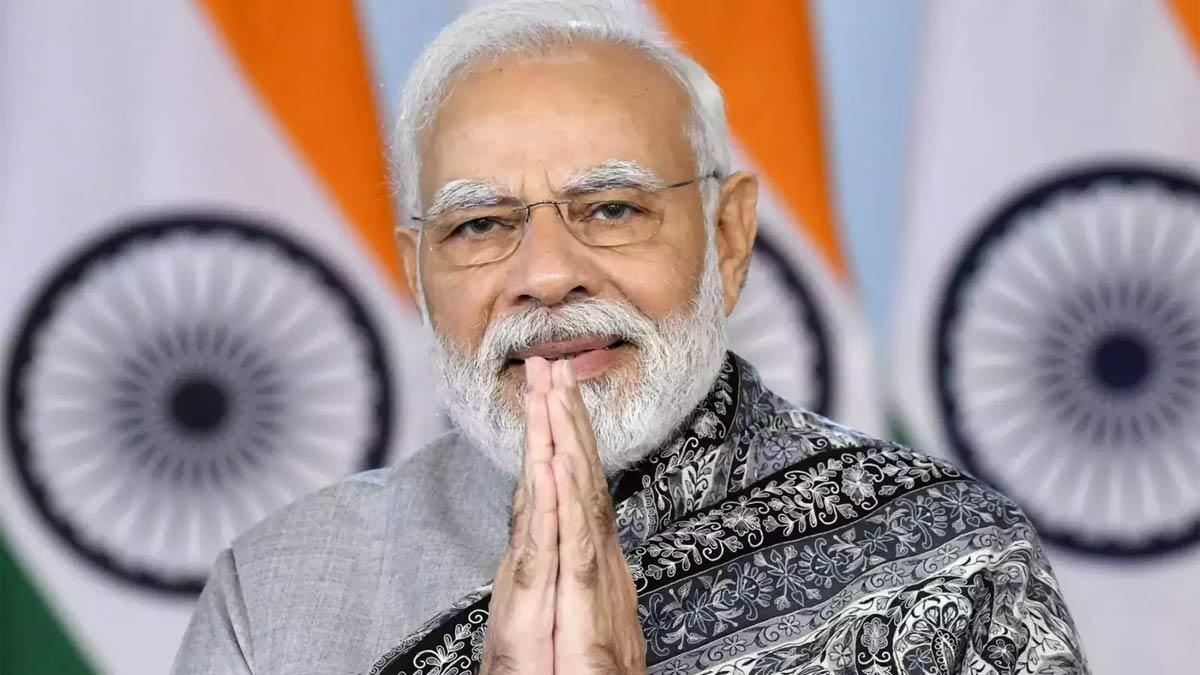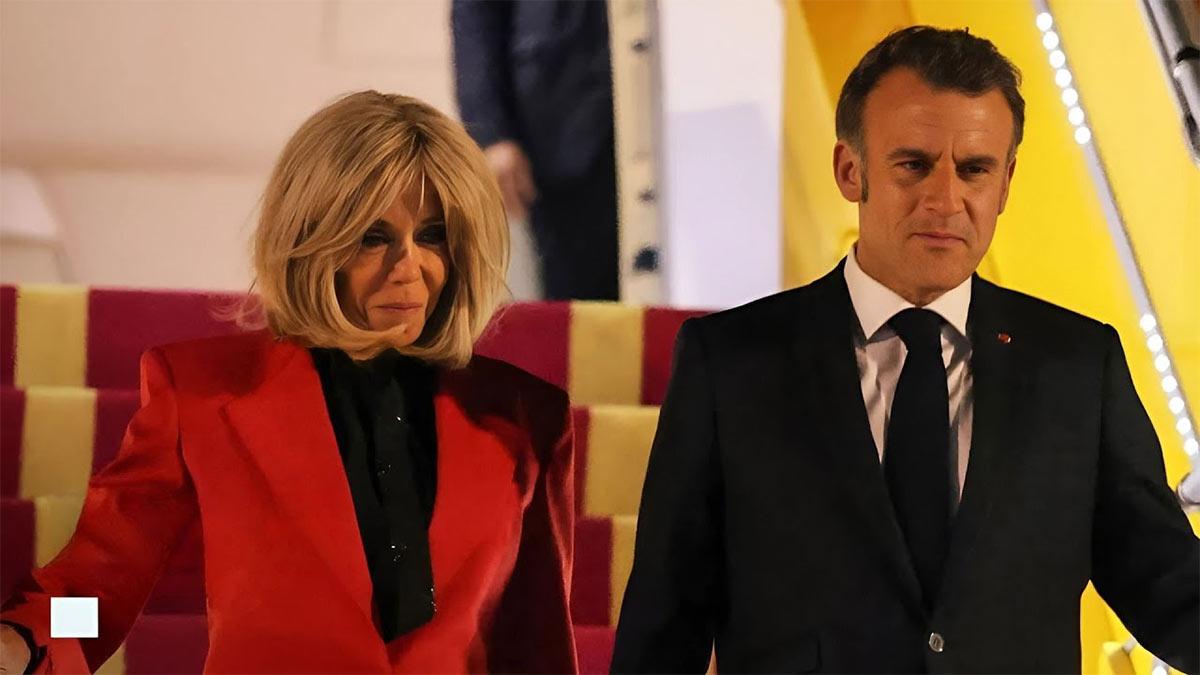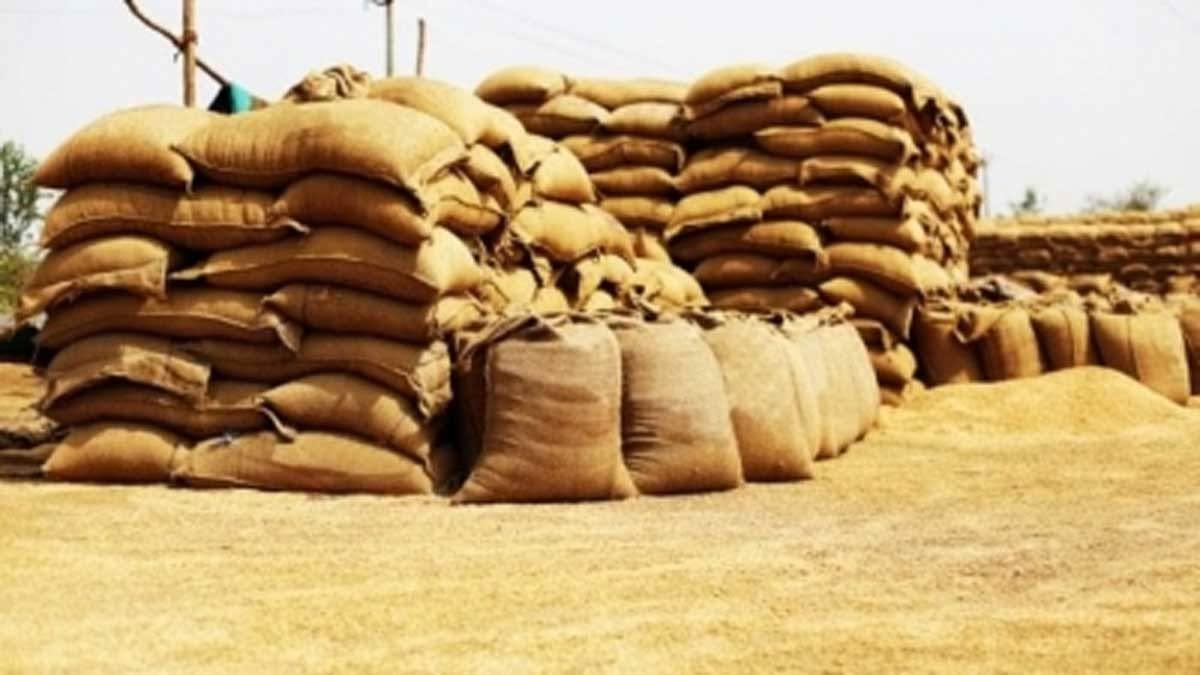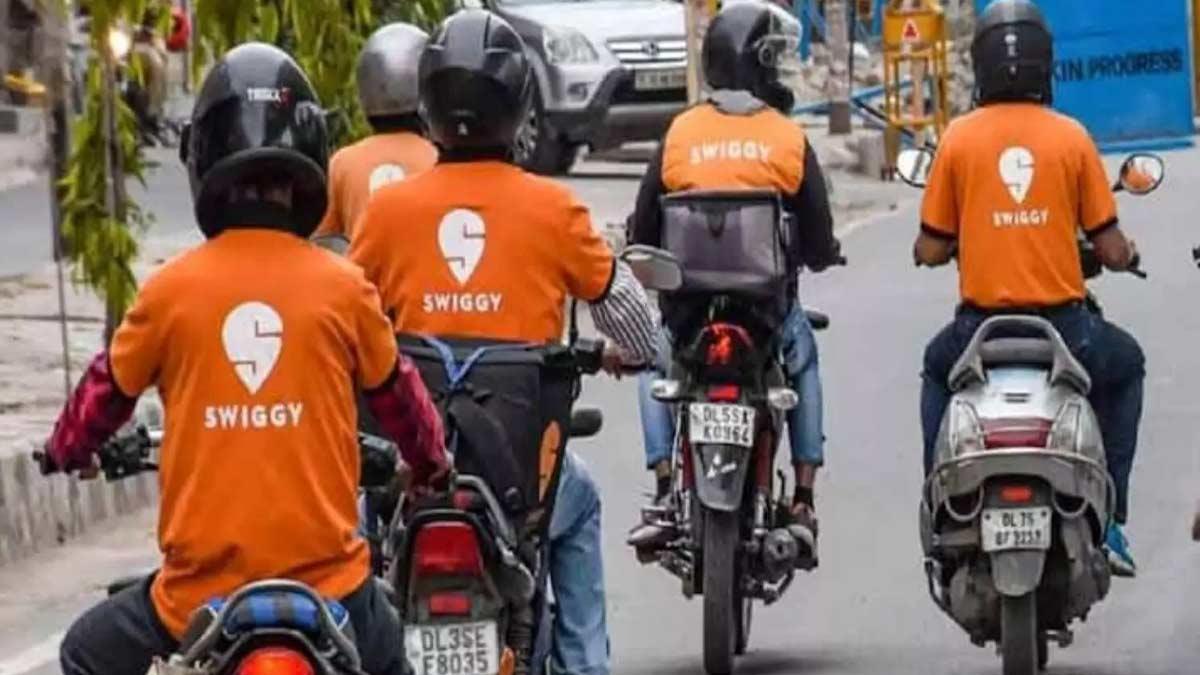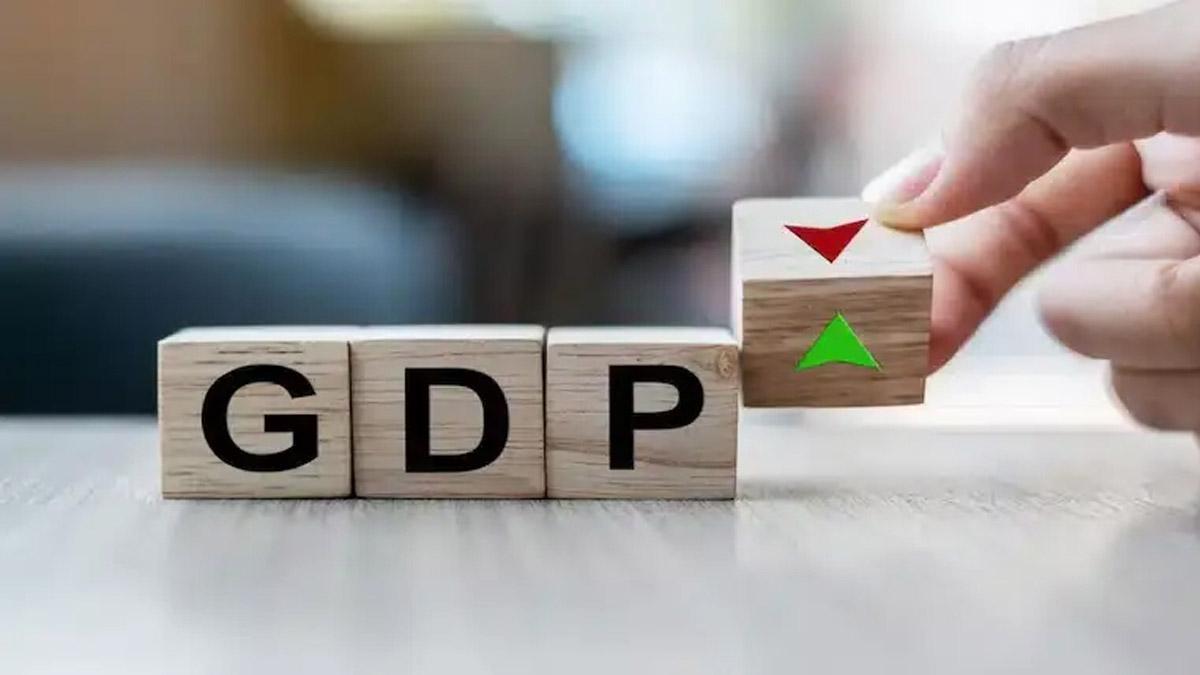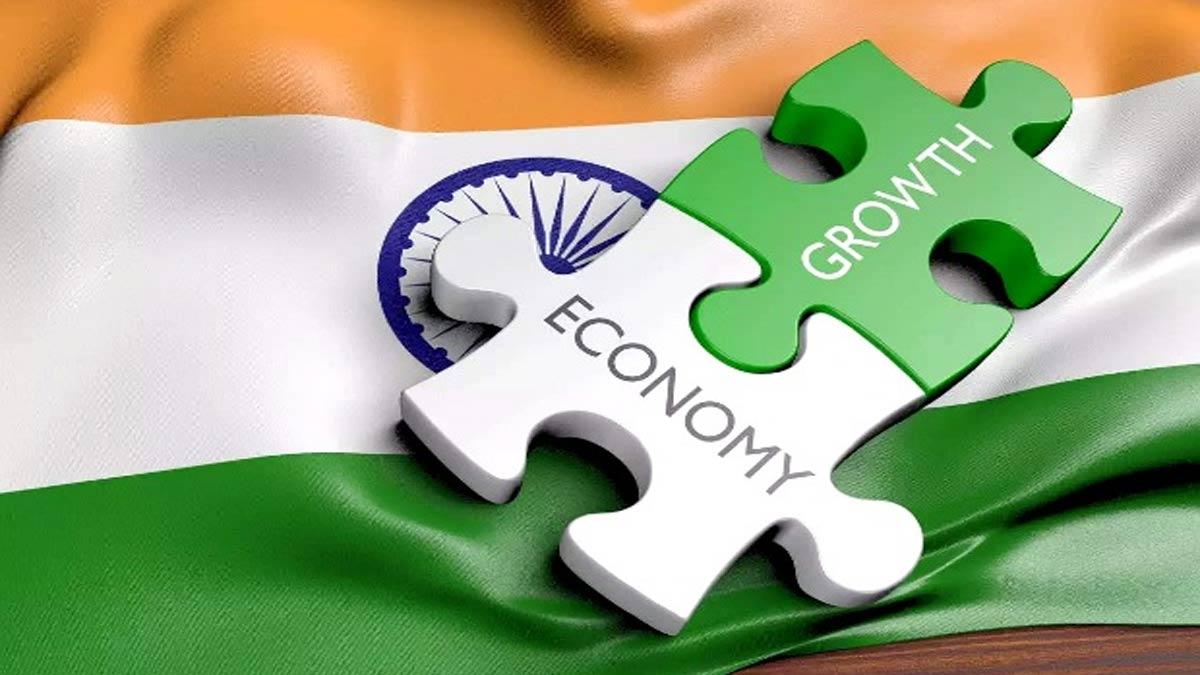On Tuesday, Prime Minister Narendra Modi and his British counterpart Sir Keir Starmer declared the successful closure of the India-UK Free Trade Agreement (FTA), a milestone in bilateral ties.
The agreement was sealed over a telephonic conversation between the two leaders, where they also signed a Double Contribution Convention for safeguarding the interests of Indian workers in the UK.
These historical commitments will further reinforce our Comprehensive Strategic Partnership, push trade, investment, growth, employment generation, and innovation in both economies of the two countries. I look forward to PM Starmer's visit to India shortly," PM Modi tweeted on X.
FTA will assist Indian exports to Britain to the extent that it will cancel duties on 99% of products. Official sources called this phenomenal export opportunities to labor-intensive industries like textiles, marine products, leather, footwear, sports goods, toys, and gem and jewelry industries. Engineering products, auto parts, engines, and organic chemical industry will have improved opportunities as well.
The trade agreement also holds out the promise of a boost to service sectors, such as IT/ITeS, financial services, professional services, business services, and educational services.
In a first-of-its-kind achievement, India negotiated an exemption for Indian employees and their employers from paying social security contributions to the UK for three years under the Double Contribution Convention. This will also provide Indian service providers with a competitive advantage in the UK market, which was one of the capabilities underscored by the government.
"Not only does the deal cement our economic relations but also provides more global mobility to young and aspiring Indians," the release continued.
Union Minister of Commerce and Industry Piyush Goyal thanked the Prime Minister for his vision that resulted in the successful negotiation of the trade agreement. He further added that the agreement would make an impact on all businesses of any kind such as Indian farmers, fishermen, workers, MSMEs, startups, and innovators and hence contribute to the vision of India becoming a world economic leader.
"This agreement marks a new standard for bilateral trade between two large economies while safeguarding India's core interests and enabling its integration into global value chains," Goyal stated.
The FTA also echoes India's vision of "Viksit Bharat 2047," representing the common growth aspirations of the two countries.
Key features of the India-UK FTA:
The FTA is a broad, new-generation agreement aimed at deep economic integration, trade liberalization, and tariff reduction.
India will gain from the zero tariff on 99% of exports to the UK, opening vast potential for growth in bilateral trade.
Industry segments like textiles, marine products, leather, footwear, sports goods, toys, and engineering goods will benefit from enhanced export competitiveness.
The agreement will have a beneficial impact on industry, particularly in technology and labour-intensive sectors.
The FTA will be especially useful for services like IT/ITeS, financial, professional, and education services, with fresh employment opportunities.
Professional mobility—covering service providers, business visitors, investors, and intra-corporate transferees—will be facilitated, with greater opportunities for Indian youth professionals in the UK.
India has obtained important assurances on professional services provided digitally, particularly in the areas of architecture, engineering, and telecom.
Indian employees on temporary assignment in the UK and their companies will be provided relief from social security contribution charges for three years, improving UK market competitiveness.
Non-tariff barriers will be dealt with to facilitate free movement of goods and services.
The FTA promotes best practice in regulation, and it becomes more transparent according to India's domestic reforms to ease doing business.
Commerce Secretary Sunil Barthwal had characterized the FTA as a game changer and made a point of its significance in bringing speed to India's economic growth and integration into the world economy. He said that this is India's most advanced free trade agreement to date and would be a template for trade agreements to come.
The accord comes in the midst of rising economic engagements between India and Britain, whose two-way trade of around $60 billion will double by the year 2030.
Read also| CEA Nageswaran Says Economic Indicators Reflect Strong Performance by Indian Economy

